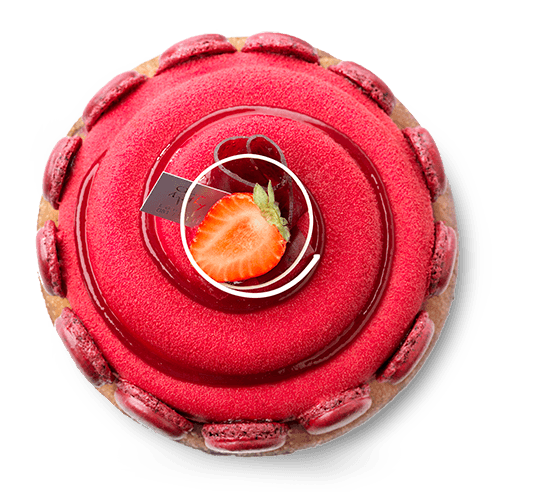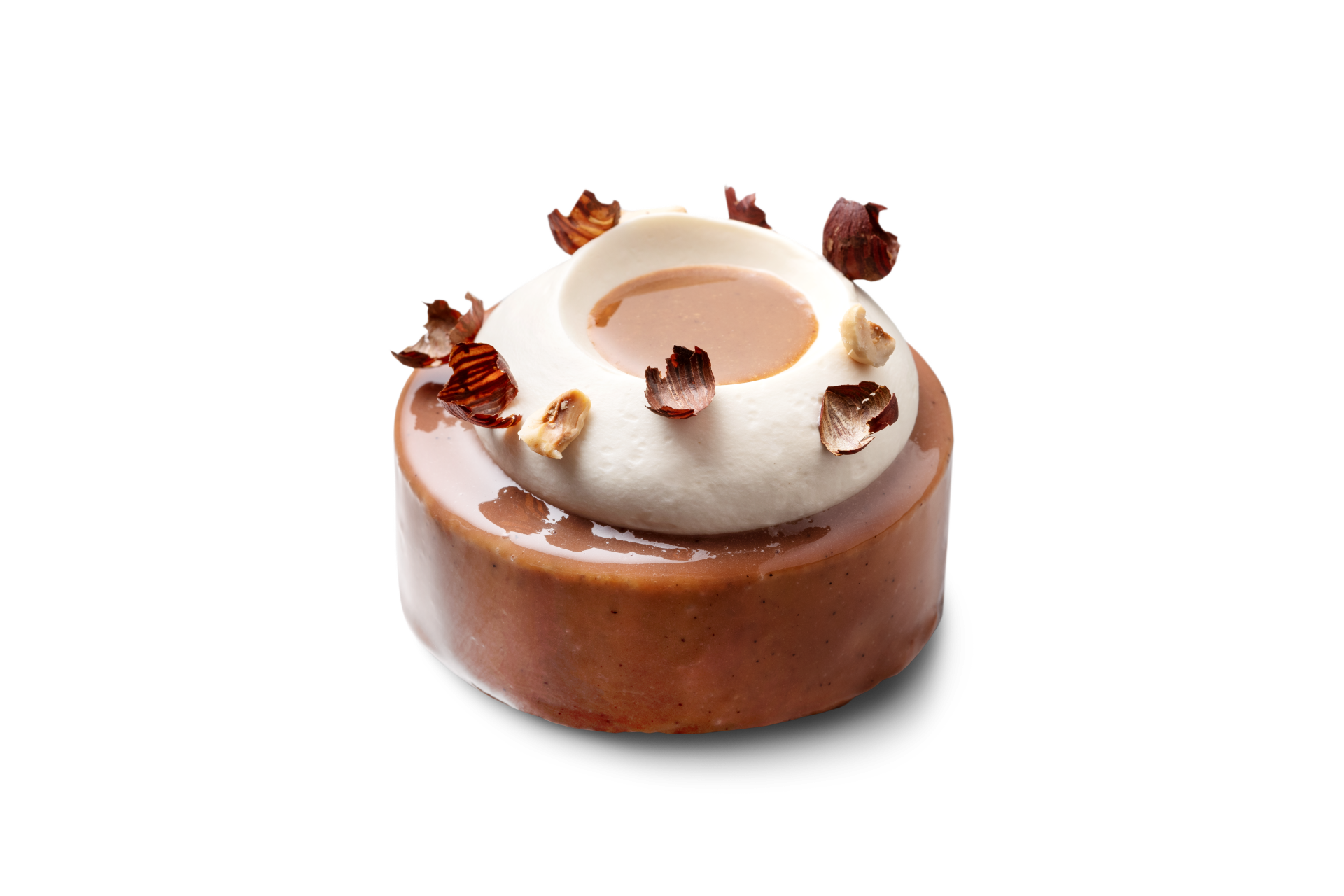Mouth-meltingly good: Choosing the right technical butter
Butter is one of the most versatile fats and an important ingredient for the flavour of bakery products. Its applications are so numerous that we sometimes forget to give this ingredient the attention it deserves. Being more conscious about the use of this ingredient can optimise the production process.
The culinary world has access these days to the best ingredients available worldwide. Budget, value, taste, texture, availability and your own expertise are all factors in the choice of these ingredients. As a pastry chef, you know which chocolate goes perfectly with a particular cake, which fruit harmonises best with a specific vanilla and which nuts from Italy or Spain are the ideal fit for your products. What not everyone realises is that butter also has different possibilities and specifications, supporting your expertise exactly as required.
Kneading, mixing, whipping and laminating: four key disciplines of our profession in which butter has a crucial role to play. There is essentially just one type of butter: all butter is made from cow’s milk, which means that all types of butter are 100 percent natural. Butter is strictly regulated and only contains fat produced by churning milk or cream. This is what gives the product its distinctive, pure dairy taste. However, there are countless varieties on the market, from traditional butter to organic, grass-fed butter.

Traditional butter is inconsistent: its quality depends on humidity and temperature and its taste varies with the seasons. This is because its composition changes throughout the year. Summer or grass-fed butter is made from the milk of cows that graze between April and October. It is soft, relatively yellow in colour and contains more unsaturated fatty acids. Winter butter comes from the milk of cows that are kept in the shed from October to April and fed silage and dry feed. It is harder and contains more saturated fatty acids.
As a specialist butter manufacturer, Debic has developed technical butters that always offer the same, consistent firmness and plasticity, despite the variations in milk throughout the year. This means that professionals such as bakers and chocolatiers can rely on a very stable butter. Like traditional butter, technical butter is 82% butterfat, but during the production process it is fractionated: the soft and hard fats are separated by a mechanical process, allowing the melting point to be adjusted.
Butter’s melting point
The butter’s melting point determines what type of butter it is. The term ‘melting range’ would actually be more accurate, because part of the fat melts with every degree of temperature increase. By playing with the melting points we can make butter harder or softer.
A hard butter is still firm and malleable at high temperatures, making it ideal for the production of croissants and puff pastry. A soft butter, by contrast, is perfect for making biscuits, crèmes or chocolate fillings. Debic has given its technical butters a range of different fixed melting points, meaning that you can rely on a stable ingredient for any preparation.
Kneading a rich dough for pâte jaunes, brioches or panettone requires a butter that’s supple but not too hard. The dough should not warm up, while the butter should be absorbed evenly to ensure a homogeneous consistency. Butter that’s too warm or too soft makes the dough sticky. It then becomes difficult to use and reduces the rising and baking performance. Debic Brioche Butter has a fixed melting point, so you always get the same quality and consistency. This ensures reliability and prevents surprises during your baking process.
At the Debic innovation centre, we tested different types of butter for making American cookies. We used the same simple recipe every time, but added different butters. Although any biscuit made with butter will be tasty and commercially promising, the right choice of butter can make a big difference: a butter that’s too soft makes the biscuit spread out more, while a butter that’s too hard gives it an over-precise shape and a hard bite. Debic Brioche Butter is ideal because it is absorbed perfectly by the other ingredients during kneading. This avoids the need for reheating or excessive mixing, which can lead to a sweaty dough.
When we performed the same test with puff pastry, we definitely went for Debic Croissant Butter. Using a relatively simple recipe means there are fewer variables, which minimises the effect on the baking results, although volume and airiness can of course also be influenced by the number of folds and turns used. Debic Croissant Butter yielded the highest volume, even compared to traditional butter. It is highly malleable and elastic, and its higher melting point means that the butter and dough layers stay perfectly separated – essential for optimal energy transfer during the baking process. If butter is too soft, the end product may be tasty but will lack lightness. The soft layers of butter will tend to be absorbed by the dough instead of remaining separate.
Debic technical butters ensure a problem-free and reliable baking process with a consistent taste and texture all year round. What’s more, there’s a butter that’s perfect for every product in your bakery, allowing you to optimise your production process and ensure the quality of your products, whichever part of the world you’re working in and however hot it can get at times. The result is peace of mind in the bakery and happy faces in the shop.
Guaranteed melting points of Debic technical butters
Debic Crème Butter 29-31ºC
Debic Brioche Butter 30-32ºC
Debic Cake Gold Butter 30-32ºC
Debic Croissant Butter 34-36ºC
Debic Cake Gold Butter contains carotene, which gives biscuits and pastries a lovely golden brown colour.
Consistent quality butter for perfect baking!



